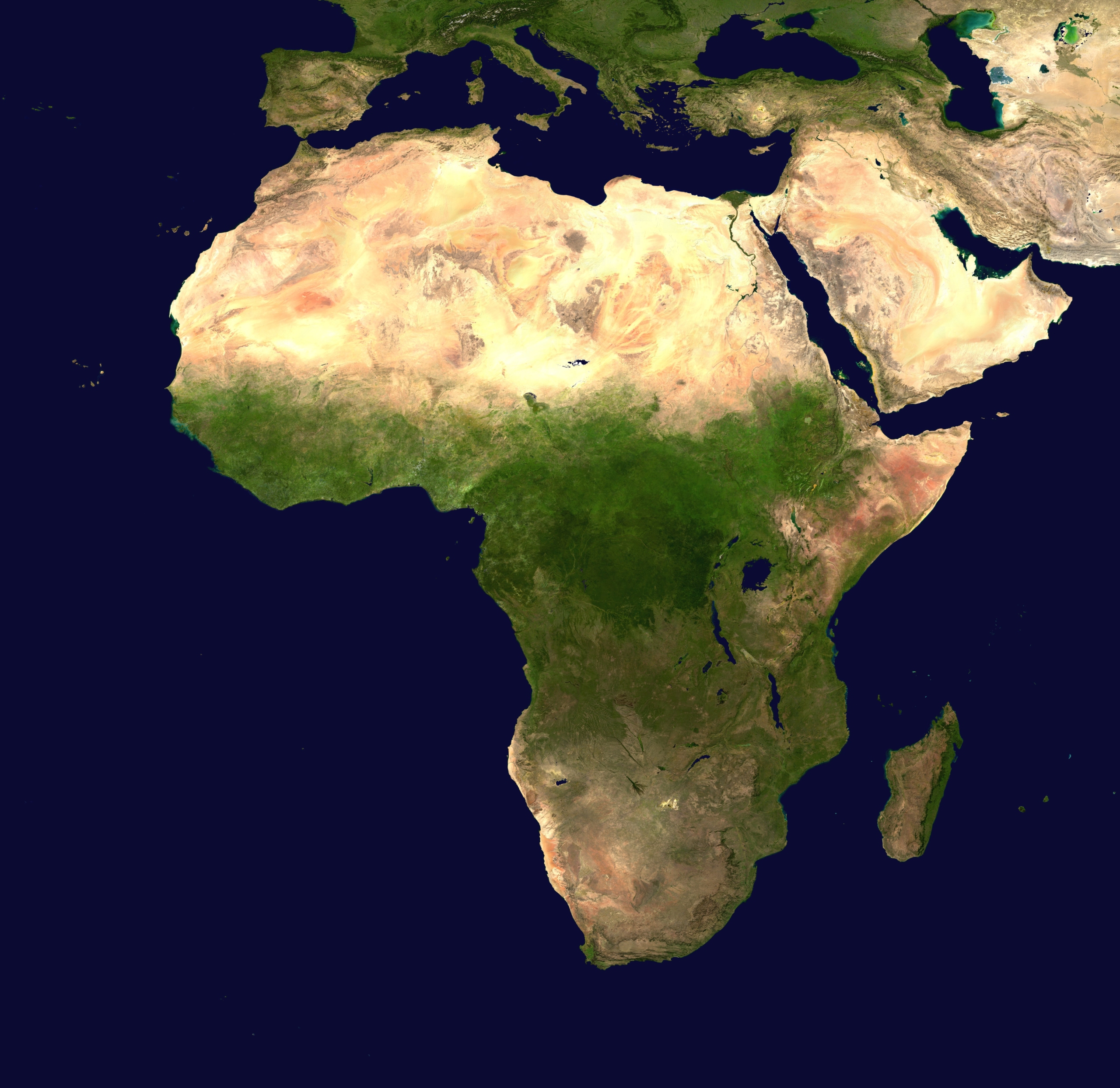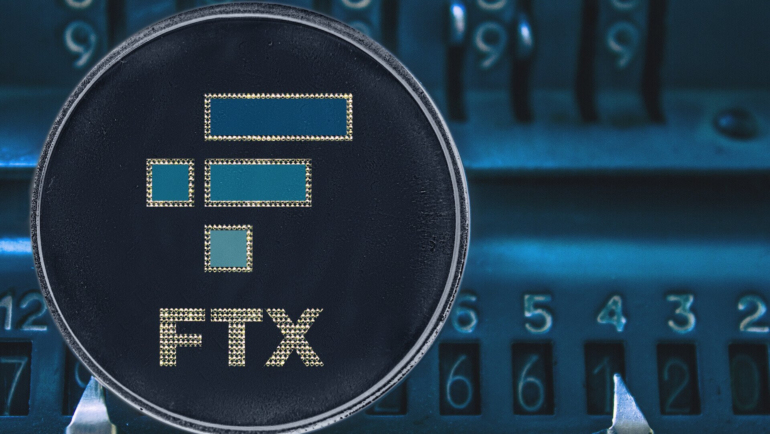
Scammers are cashing in on Worldcoin’s chaotic Kenya launch
Without a cash withdrawal option, Kenyans are turning to the country’s informal crypto economy — and some are losing their coins in the process.
- Officially launched on July 24, Worldcoin gives 25 WLD tokens as a signup bonus to new registrants.
- With Worldcoin operations halted in Kenya, many are now scrambling to redeem their tokens for cash.
- Informal coins-for-cash trades have created a new opportunity for fraud and theft.
- For the hundreds of thousands who signed up for Worldcoin in Kenya, the Sam Altman-backed global blockchain project couldn’t have come at a better time.
- With the country in the throes of an inflation crisis, Worldcoin made a big splash, signing up an estimated 350,000 people before the government stopped the project’s rollout over data protection concerns on August 2. The biggest attraction for many Kenyans who had their eyeballs scanned was the free sign-up bonus of 25 Worldcoin tokens, currently worth around 6,988 Kenyan shillings ($48.75).
- But once the coins were in their accounts, getting the money proved harder than they expected. The Worldcoin app offers no direct cash withdrawal option, unlike the mobile money apps used by 96% of Kenyan households. Within days of the launch, Worldcoin was forced to suspend the registration of new users in Kenya as the government launched an investigation into its compliance with data protection laws. To get their cash, Kenyans had to sell their coins through cryptocurrency exchanges like Binance, or find a buyer in Kenya’s informal crypto economy.
- “Many of those who signed up don’t know how crypto works exactly or how to sell the Worldcoin tokens they received through exchanges like Binance,” Mathew Morang’a, a day trader based in Nakuru, Kenya, who has dealt in cryptocurrencies since 2020, told Rest of World. “They just want to get the money quickly, in the most straightforward way.”
- Since the government decision, traders like Morang’a have flooded social media platforms including WhatsApp, TikTok, Twitter, and Facebook with offers to purchase Worldcoin. A spot check by Rest of World found that most traders were offering between 200–250 Kenyan shillings ($1.40–$1.74) per Worldcoin token (WLD), against its current price of 279 shillings ($1.95) — enabling them to profit as much as 78.8 shillings (55 cents) on each token.
- But as users have flocked to these informal currency exchanges, they’ve also had to navigate outright scams. Last week, Kenya’s Capital Markets Authority (CMA) cautioned the public against dealing in unregulated entities, including Worldcoin, following the suspension of its registration activities. It further warned of “potential fraudulent schemes that may emerge in the over-the-counter market of crypto tokens” following Worldcoin’s rollout.
- Kio, who had also encouraged several friends to sign up for Worldcoin, said he managed to successfully sell the rest of his tokens to other buyers.
- “Now, there are even physical buyers at several locations because people are scared of getting scammed by buyers they meet online,” he said, highlighting the emergence of several individuals who offer to buy Worldcoin in face-to-face deals in busy areas around the city. Before the verification was stopped, many individuals also hung around the orbs offering to buy Worldcoin for 200 Kenyan shillings ($1.40).
The way the transaction works is simple: Users send their tokens from the Worldcoin app to a crypto wallet address specified by the buyer. Upon receipt of the tokens, the buyer sends cash to their mobile money wallets or hands them cash. Cashing out this way costs money, but it lets coin-holders immediately cover their most important expenses, whether it’s buying food or paying medical bills.
But if coin-sellers aren’t careful, scammers can easily promise cash and then disappear after the cryptocurrency transaction has gone through. The blockchain makes those transactions impossible to reverse after the fact, and the informal nature of the exchange means it’s often difficult to track down the coin-buyer after the trade.
“There’s no regulation in the space, and the people receiving the free tokens don’t have enough information. What do you expect?” Evrard Otieno, a Nairobi-based crypto trader and software developer, told Rest of World. “It’s just another opportunity for traders to make some money in the market.”
Cryptocurrency is
Cryptocurrency is broadly unregulated in Kenya, but Worldcoin’s combination of biometric data collection and monetary incentives has given local regulators particular reason for alarm. On August 2, Kenya’s Interior Ministry launched an investigation to “to establish the authenticity and legality of the aforesaid (data collection) activities, the safety and protection of the data being harvested, and how the harvesters intend to use the data.” In the meantime, Worldcoin sign-ups were effectively suspended.
Kenya’s Office of the Data Protection Commissioner also warned of legal action if the company was found to be mishandling the biometric information collected during the sign-up process. “It is the responsibility of data controllers to ensure that personal data is processed in accordance with the Data Protection Act,” the office said. “Failure to do so not only puts individuals’ privacy at risk but also exposes an organization to legal and reputational consequences.” In a later interview, the country’s ICT minister clarified that he believed Worldcoin was complying with local laws around biometric data.
Worldcoin’s white paper describes robust protections for user data, with iris scans and other biometric information stored only as an encrypted hash. Still, there have been lingering concerns around potential flaws in the implementation of that system.
In a statement, Worldcoin told Rest of World that while it had “temporarily paused proof of personhood verification services in Kenya,” it remains committed to rolling out 1,500 verification orbs around the world.
Kenya is one of the most crypto-literate countries on the African continent, according to a United Nations Conference on Trade and Development policy brief published in July 2022. The survey found that 8.45% of the Kenyan population, or 4.25 million people, own various cryptocurrencies. South Africa and Nigeria follow with 7.1% and 6.3% of the population, respectively, owning crypto.
But the chaos of the Worldcoin launch has left even cryptocurrency enthusiasts in Kenya with mixed feelings.
Francis Agaba has been trading in crypto since 2019, and runs multiple crypto-related WhatsApp and Discord groups in Kenya. He told Rest of World he was glad that Worldcoin had sparked newfound interest in crypto in the country, but the scammers were hard to deny. In some instances, Agaba said, he had been forced to intervene to help people recover their tokens.
“As much as Worldcoin is driving adoption of crypto in Kenya, there are bad actors trying to take advantage of the gullible,” he said.


